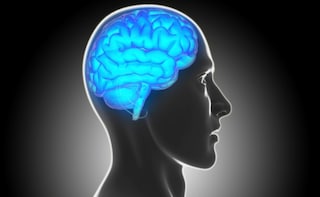Parkinson's disease is basically a condition, wherein a person finds it difficult to create a balance between various bodily movements. It occurs in older people ageing between 50 to 65 years due to degeneration in nerve cells present in a certain portion of the midbrain that is responsible for bodily movements and co-ordination. The specific cause behind this nerve degeneration is unknown.
Advertisement
For the latest food news, health tips and recipes, like us on Facebook or follow us on Twitter and YouTube.
Advertisement
